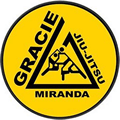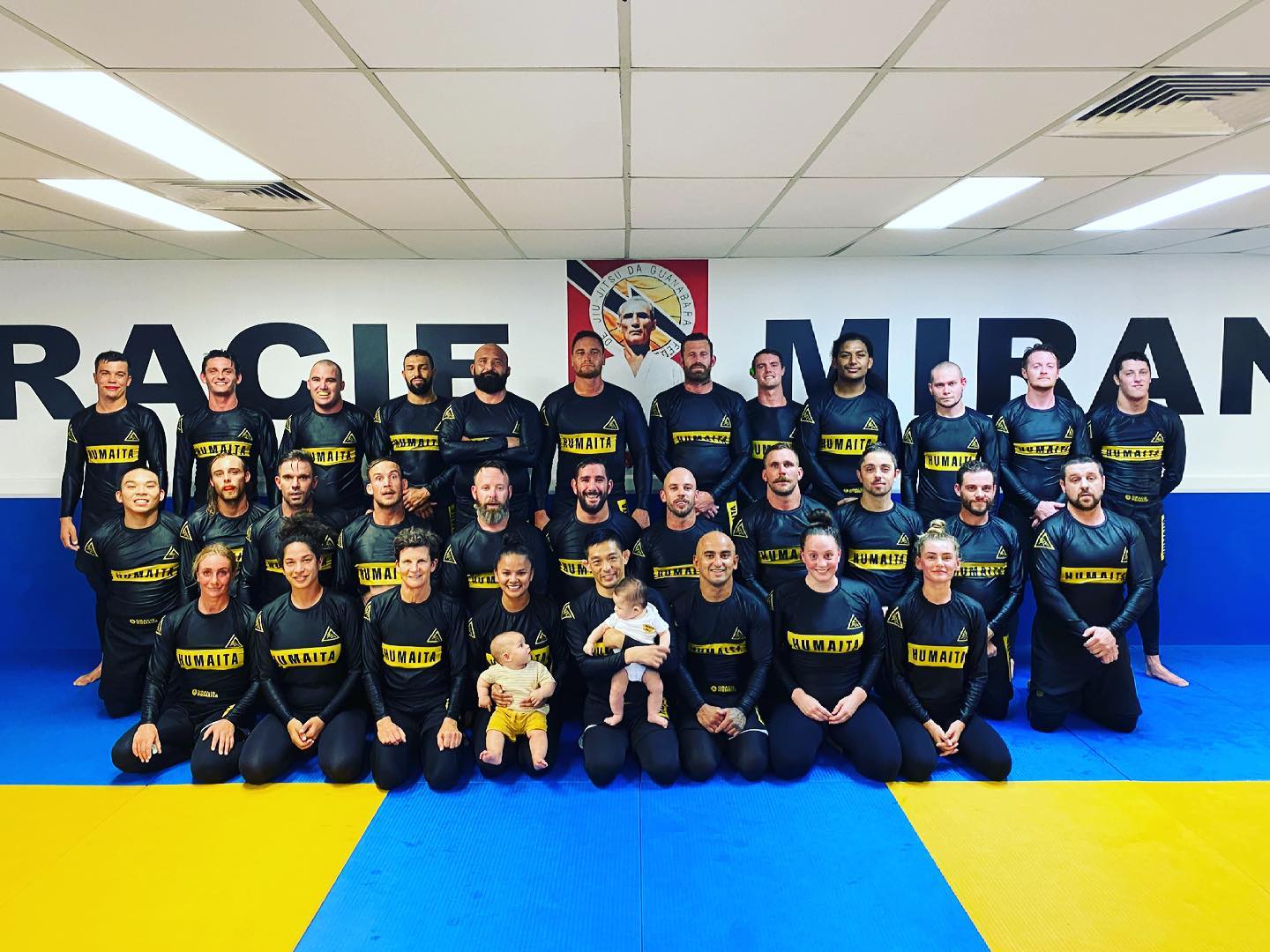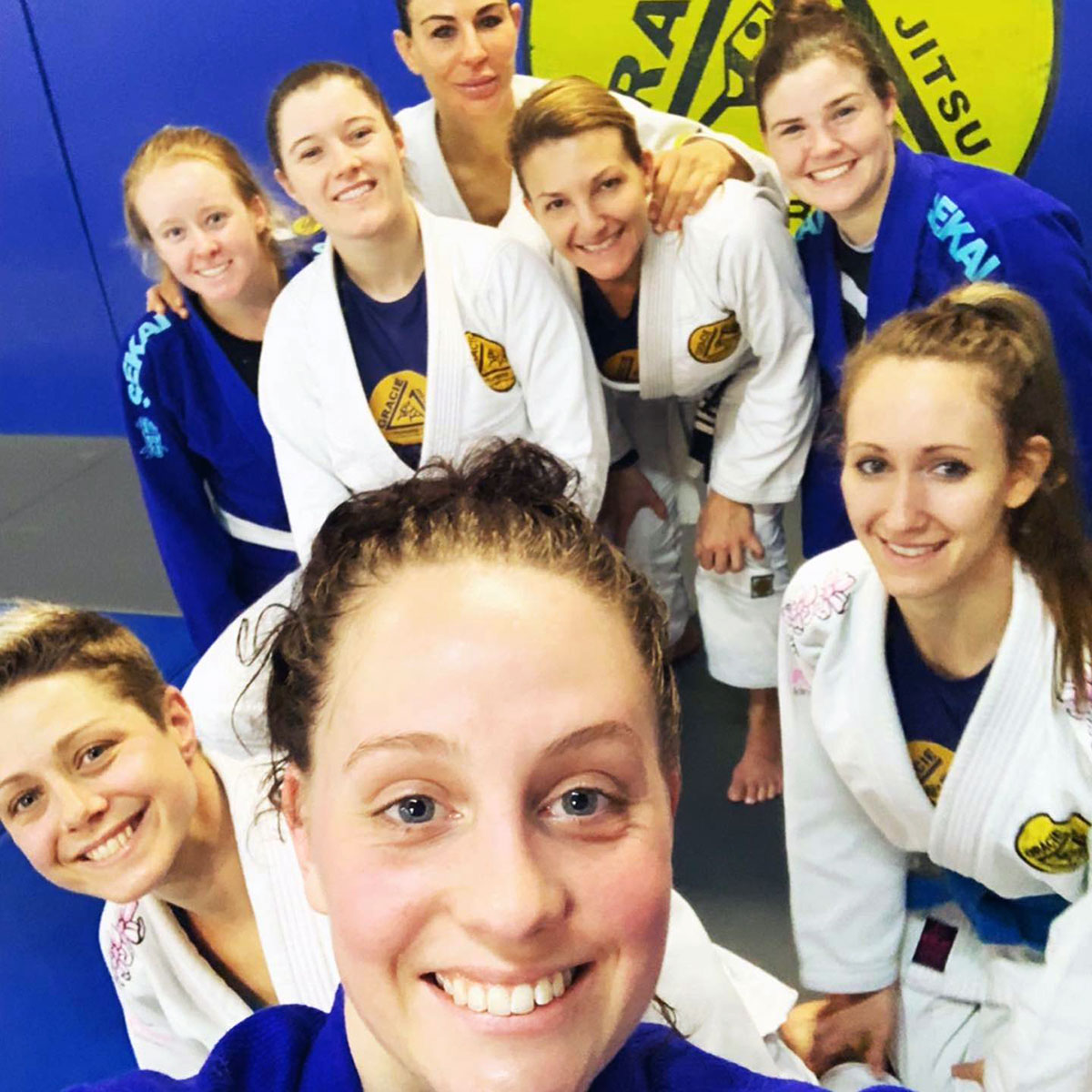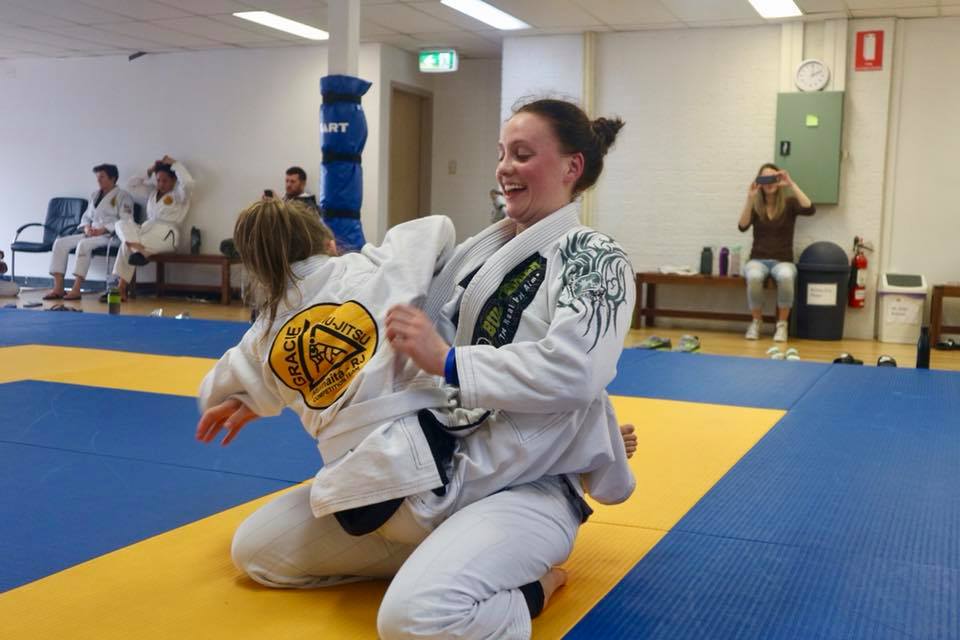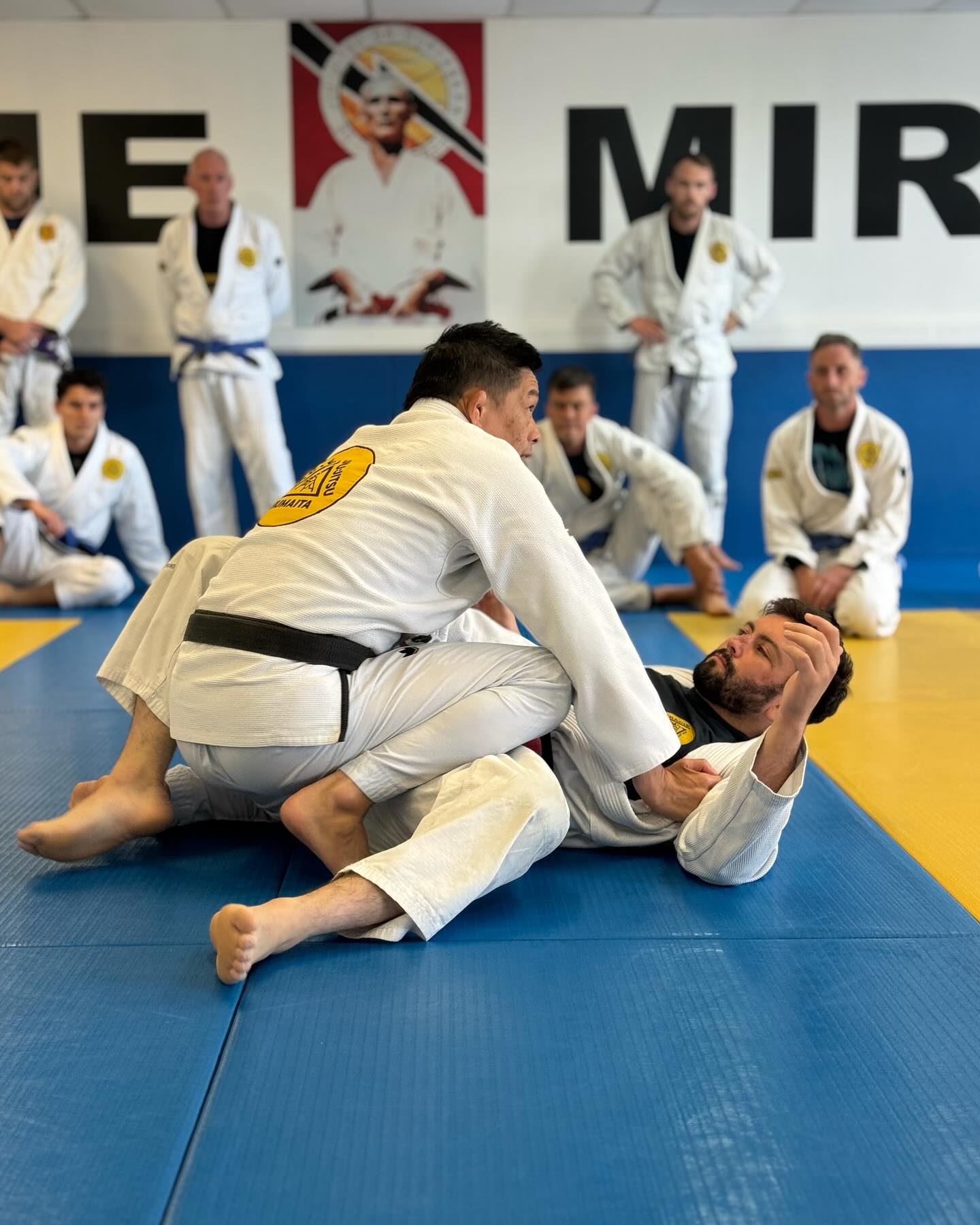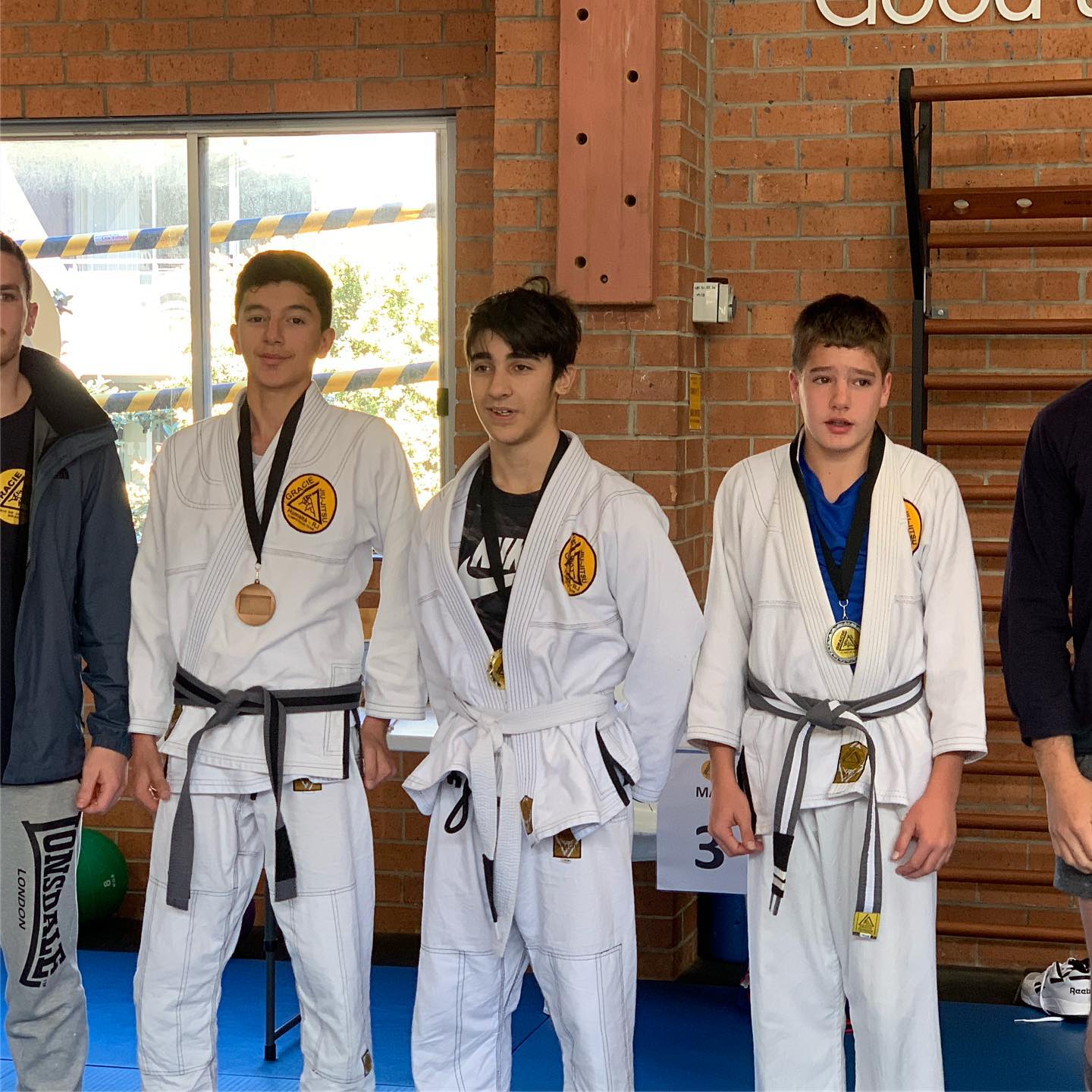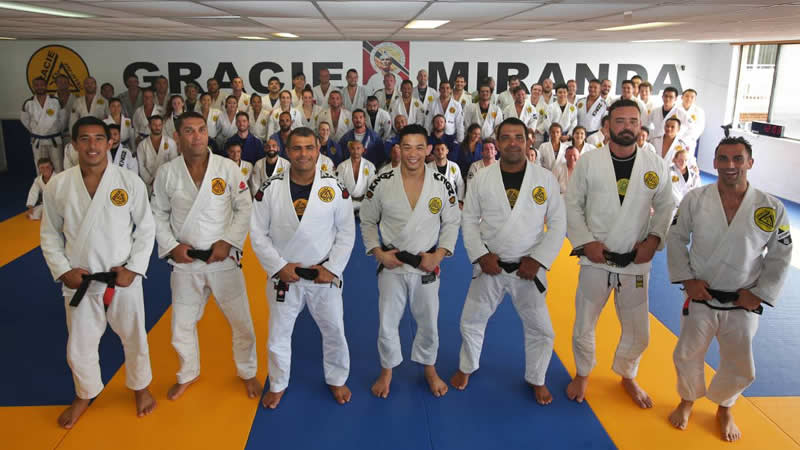If you stick to Brazilian Jiu Jitsu long enough, you will inevitably pick up an injury. Let’s be honest, what we do isn’t for everybody and it’s a contact martial art or sport. Whichever way you cut it, there’s going to be some risk. But training BJJ, gives so much to my life the level of risk to me as always been acceptable. Luckily over my 20 years of doing martial arts I’ve been pretty lucky to not have picked up too many injuries. But I’ve seen some of my team mates pick up a few. Others seem to be on a never ending cycle of injury, recovery, training then injury again. Why is it that some people pick up injury after injury and others don’t?
I’m going to aim this post at the recreational BJJ Player. The serious guys who are trying to train seriously should have already worked out how to remain safe. Operating at a high intensity, and keeping yourself safe is difficult. We’ll have a look at competition intensity and injuries in future posts.
The recreational Jiu Jitsu player has several things to control which can help reduce their risk.
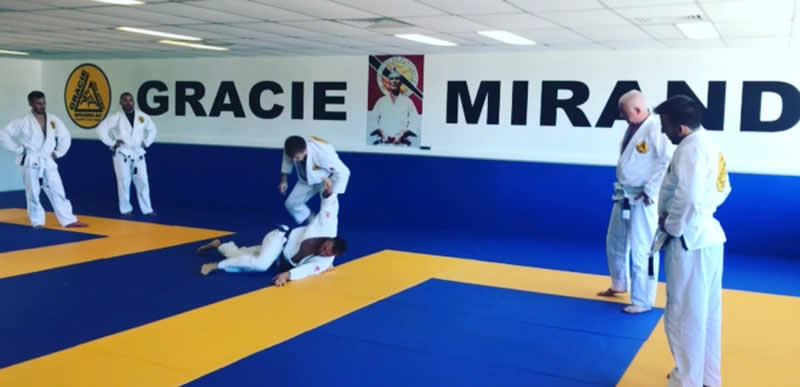
Consistency
This is one of the biggest contributors to picking up injuries. You haven’t trained for a while, you’re excited, but your timings off a bit and BOOM! You pick up an injury first or second class back. If you can keep a consistent routine then this takes this out of the equation. It should also help keep your timing and sensitivity sharp. Meaning that your ability to feel when you are comprimised is better. But sometimes work or other factors get in the way. When you haven’t trained for a few weeks or months, take it easy when you come back. This takes us to the second point.
Intensity
This takes us to the second point. Definitely don’t try and make up for lost time. Try and get through the first few sessions, practice defence. Don’t think that you should still be competitive with the guys who you were competitive with when you left. Think about it like this: A month to lose it, A month to get it back. Build your training back over the month, increasing intensity and frequency. Toward the end of the month you should feel like you’re getting back to where you left off.
Checking your ego
Of course, we’re all competitive people and losing isn’t the fun part of Jiu Jitsu. But it’s very necessary. Don’t put your body at risk because you never used to tap to that guy and now he’s got you in bad spot. Tap now, start again in 5 seconds. Don’t tap, start again in 3 months. The goal is to stay on the mat. If you tap early and often when you are coming back it will stand you in good stead.
If I consider every injury that I’ve had and think about it. Every single one has been my fault or could have been avoided by some action or inaction on my part. This is the thing, straight after you get injured, there’s usually an emotional response. This is normal. Nobody likes getting injured especially when they consider it someone else’s fault.
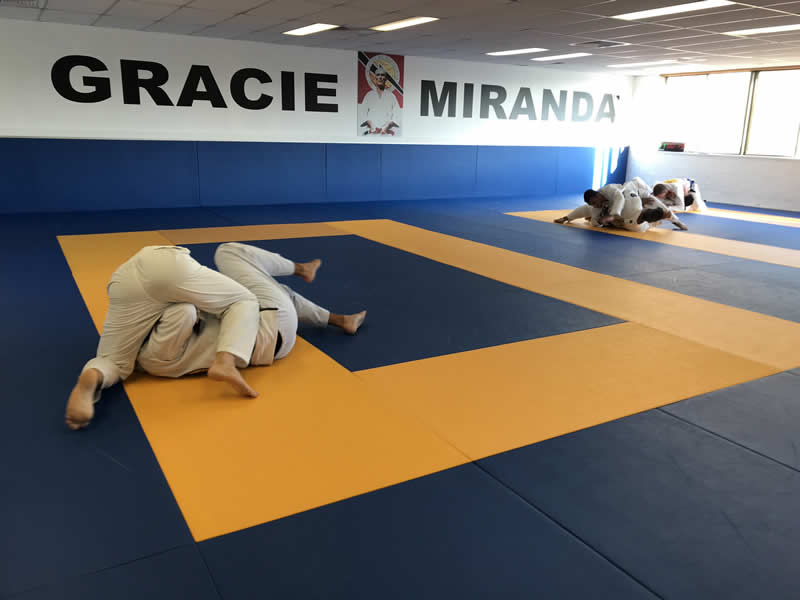
My Worst Injury
The scariest injury I’ve had was a grade 2 medial on my left knee. I was sitting up on a single leg and put my left leg back to stand up when my partner, back stepped and slipped. Landing on my knee sending it sideways. Two audible cracks made the room go silent and everyone stopped. I laid there for a minute gathering my thoughts. I’m not going to sugar coat it, I was angry. My team mate had injured me, he fell on me. I didn’t do anything. This couldn’t be my fault. I kept it in though and didn’t say anything but I wasn’t too happy. When I got up and tried to walk on it it felt fine but then as soon as I tried to turn, there it was. Instability…
So I went home, got MRI’s, saw Doctors etc. After a couple of weeks, I started thinking about the incident. Being upset at my teammate wasn’t helping anyone or anything. I started thinking “what was under my control? What could I have done to avoid this from happening?” As I now had enough separation from the incident to take the emotion out of it. I started to realise that the way I was trying to stand up put my own knee at risk.
This process ran true for every injury that I’ve had. Trying to manage the things that are under your control is the only real way to protect yourself from injury. In this sport, there’s always going to be some risk, you can’t get away from that. Every time we step foot on the mat, we must acknowledge that. But minimizing it is up to you. Take control of your own risk management. Don’t outsource it to your training partners. It’s really not their job.
Whether you train at; Gracie Barra, Roots, Garage, Legacy, Gracie Humaita or another academy. Your training partners are always trying to train with control and good sense so injuries are kept to a minimum. But don’t wait for someone else to look after you. Choose to look after yourself.
